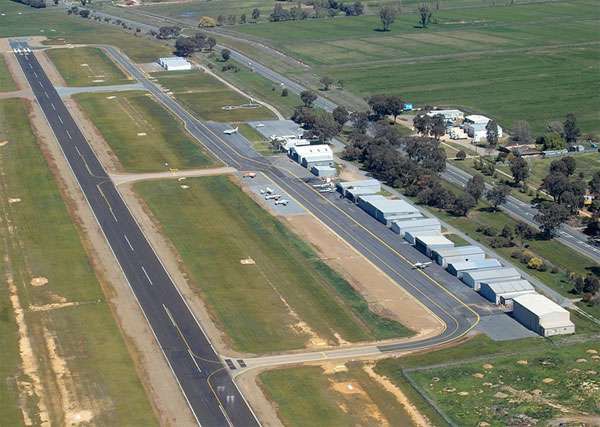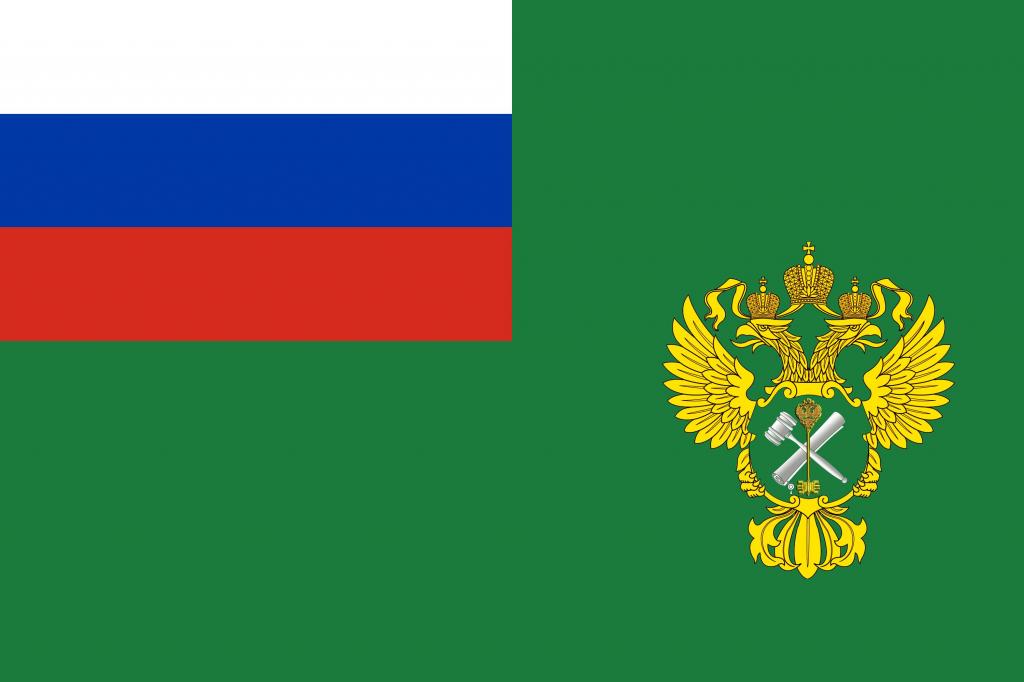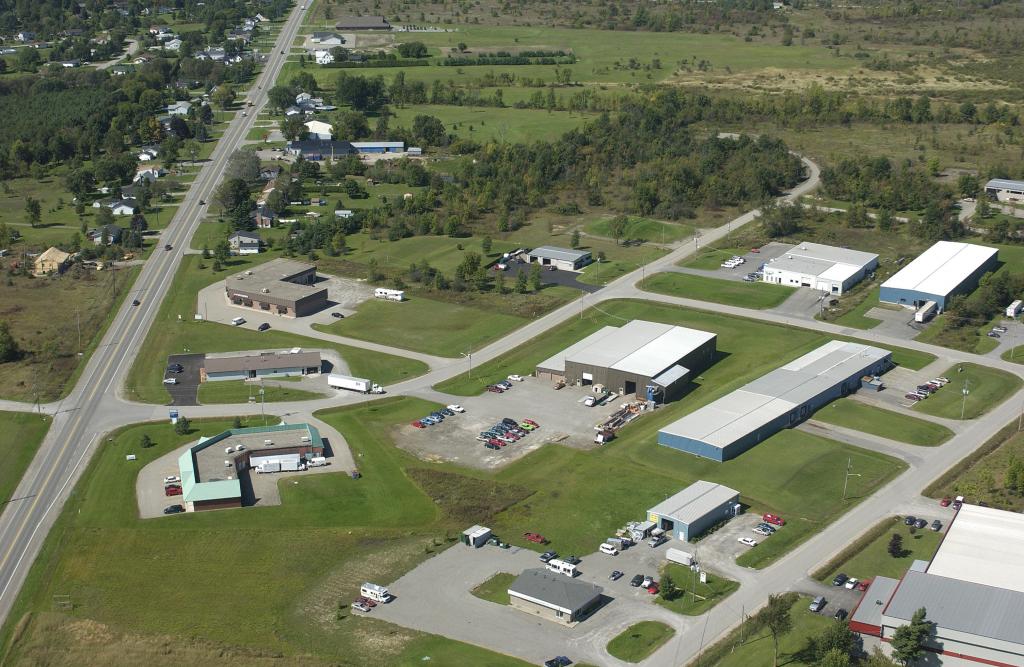The concept of what state property is is specified in the Civil Code of the Russian Federation. This property, which is owned by the right of ownership of Russia, as well as property, which is owned by the right of ownership of the constituent entities of the Russian Federation. Thus, land and other natural resources that do not belong to citizens, legal entities and municipalities, this is state property. This property is assigned to state institutions that are entitled to own, use and dispose of it. Property that is not assigned to state institutions relates to the treasury of a country or region. That which is related to the powers of managing federal property and how it is implemented will be discussed in the article.

The objects
Management organization by state property is a complex interaction of government agencies. The following objects belong to federal property:
- Representing the base of Russia's internal wealth.
- Providing the work of state authorities and solving tasks of the national scale.
- Defense manufacturing sector.
- Industries that ensure the livelihoods of the national economy and develop other industries.
- Organization for the production of pharmaceuticals, medical and biological preparations, alcohol, alcoholic beverages and other products.
Such objects as: can be transferred to the state property of the country's regions:
- The enterprises of the national economy.
- Energy and nuclear engineering.
- Health and education.
- NIO.
- Television, radio broadcasting and other enterprises.
The federal property management system implements the rights of Russia to the respective facilities. It consists of state bodies and executive structures, administrative territorial branches and so on. Executive bodies are entitled to manage exclusively the property that was transferred to them.

Management principles
Federal property management is based on the following principles:
- The effectiveness of the management function is evaluated, which is based on factors of economic and social efficiency.
When social. Efficiency takes into account the benefits received by society through appropriate management. Economic efficiency depends on management policy, taking into account indicators such as the use of production capacities, resources, and so on:
- Management goals are being developed in which the main and priority areas are highlighted.
- Special attention is paid to motivation.
- On the basis of the obtained data, the ways of material interest of employees in the implementation of federal property management are developed. This is pay, career, social. collateral, bonuses, and so on.
- Responsibility of employees, which is economic and social in nature.
- Management is carried out in a complex and in accordance with the current system.
- Management tasks interact with common goals that ensure the orientation of the system, the unity of state bodies, management structures, individuals and so on. All this is complex and systemic.
- The process of evolutionary reorganization is ongoing. Moreover, federal property is managed through privatization and deprivatization, nationalization and denationalization.
- Quality regulation is ensured in accordance with legal standards.At the same time, systems of legal acts that are aimed at solving relevant problems are developed, adopted and improved. This is important for a further transparent economy.
- Professionalism, in which subjects are involved in management on a competitive basis, and those who already perform managerial functions periodically improve their skills. Without this principle, the management of federal property is impossible.
Other principles that may also be present in this process include the efficient use of resources, focus on achieving long-term goals, hierarchy, moving planning, and others.

System
The right is realized through the implementation of the federal property management system of the Russian Federation. Under this system is understood the totality of state bodies, executive, territorial relevant bodies of the country (Federal Property Management Agency), and administrative structures at the regional level. This system can be considered from the point of view of different levels. Then we get the following structure:
- The macro level at which the management is carried out by the legislative and executive bodies of the state, including the President of the country, Fed. Meeting, Government, regions, ministries and departments, organizations and funds of foreign states. At this level, the management of federal property, the development of the federal budget.
- A mesoscale at which divisions of the Federal Property Management Agency interact with structures of other ministries and departments, as well as other organizations.
- Micro level at which the departments of the Federal Property Management Agency interact with each other.
Difficulties in the subject composition
Currently, there is no clear delineation of powers of federal property management between entities. In fact, all bodies approve their legal documents, make certain decisions regarding state property.
In order for the management process to be carried out more efficiently, relevant actors must participate in it. The Federal Property Management Agency solves these problems, therefore this organization must have the necessary powers to fully realize its functions. Since this task covers many different objects, the system must have a complex structure.
Ministries and other executive structures
A very important role in this matter is given to such federal property management entities as ministries and other executive bodies (that is, committees, commissions, services, agencies, oversight and management of the President’s affairs). We consider these structures separately. The Ministry of the Russian Federation is the executive body, carrying out state policy and management in a particular area, as well as coordination in cases stipulated by legal acts of various bodies.
State committees, like federal commissions, belong to the executive bodies of the state. They carry out coordinating actions between sectors on certain issues. Federal services, agencies, and supervision are also executive bodies of the state. They perform special tasks in their area of competence.

President and Government
Separately, it must be said about the President of the country. The head of state coordinates the work of all branches of government, as well as the interaction of the relevant state bodies, regional authorities through the publication of legislative acts. Presidential decrees contain regulatory decisions. As for the management of state property, the acts of the head of state have a permanent effect.
At the head of the system of executive bodies of the state is the Government of the Russian Federation. The constitution entrusts the administration of federal property. The Government of the Russian Federation, in the exercise of its powers, interacts with the following structures:
- Government bodies.
- Management bodies of the regions.
- State organizations or joint-stock companies with state participation, other entities.
The government interacts with executive structures in the following ways:
- From top to bottom when the initiative comes from him.
- From bottom to top, if the initiative comes from the executive.
Legal issues differ fundamentally due to the difference in the position of the Government and other bodies. At the same time, the Government coordinates the functioning of these bodies in relation to the management of federal property.
Federal Property Management Agency
The Government transferred some of the functions to the executive state bodies for more efficient management of specific objects. As mentioned above, the main role in this process is assigned to the Federal Property Management Agency. When managing state property, this body performs the following functions:
- Manages state property, both in Russia and abroad (including, and manages them).
- Keeps records of state property, monitors the effectiveness of the respective application.
- Develops and implements the principles of state policy regarding the privatization of enterprises (state and municipal), real estate and allotments of land on which these objects are located.
- Coordinates privatization and property management between industries and regions.
- Manages the activities of its TO.
- Participates in the formation of the infrastructure of funds that provide privatization processes in order to attract investment funds.
- Develops and creates a strategic policy direction with the aim of reforming property relations in the country.
- Develops international relations.
- Provides management and privatization processes with the methodology and legal framework.

Departments of the Federal Property Management Agency
Based on the Law "On the privatization of state. and mun. property ”No. 178-FZ, the Federal Property Management Agency has established maintenance in the regions, which together constitute a single system for privatization and management of federal property. The committee, local agency performs this function, according to the orders of the Federal Property Management Agency.
What do agencies do?
The functions of territorial federal property management agencies include the following:
- Maintaining a register of state property located in the relevant territory.
- Maintaining the register of joint-stock companies formed during the privatization of state unitary enterprises (state unitary enterprises) located in a particular region.
- Coordination of actions in the introduction by these enterprises of property in the authorized capital, pledge, maintaining a register of pledged property.
- Lease accounting.
- Transfer of shares of privatized enterprises to the state property fund.
- Seizure of property that is not used or is used inappropriately by the right of operational management.
- Participation in the development and implementation of programs to attract investment, prevent the bankruptcy of the State Unitary Enterprise.
- Organization and control over the implementation of the state privatization program, including the sale of land plots and the implementation of sales schedules.
- Control over the transfer of dividends and rents from the use of state property to the budget.

- Report to the Federal Property Management Agency on the execution of tasks on the receipt of money from the privatization and use of state property to the budget.
- Acceptance and registration of applications for the privatization of state enterprises, the formation of commissions dealing with privatization issues, approval of the relevant plan, which is not included in the state privatization program, the establishment of open joint-stock companies.
- Registration and transfer of certificates for blocks of shares, which are fixed in state property.
- The performance by the lessor of state property, which is assigned to the State Unitary Enterprise and state institutions on the basis of operational management, as well as that property, which is not assigned accordingly.
- Giving consent to the lease of state property, which is fixed on the right of economic management.
- Monitoring the intended use and protection of state property, taking measures in case of violation of the rules for using the corresponding property.
- Appointment and verification (including audit), proper use and preservation of state property, the requirement from the PMU and state institutions to provide the necessary information and documents to carry out verification activities.
- Organization of expertise on the valuation of property that is in state ownership.
- Preparation of draft conclusions on the requests of the regions for transferring it into ownership.
- Decision-making on the privatization of federal state unitary enterprises, which are included in the corresponding state program.
- Implementation of actions related to the formation, reorganization or liquidation of the PMU.
- Approval of the charter of the PMU if there is no state executive body that coordinates and regulates the activities of this area.
- Management of shares and shares related to state property, conclusion of agreements on their management.
- Giving consent to the implementation of state property, which is under the right of economic management, to form subsidiaries.
- Organization of tenders for the transfer of state property as collateral or trust management.
- Acting as a balance holder in relation to property located in Russia and not assigned to federal state unitary enterprises.
- Assignment of state property to the State Unitary Enterprise in operational management or economic management.
- Acting as a founder of business organizations that were not formed as a result of privatization.
- Participation in the development and implementation of processes for the restructuring of the State Unitary Enterprise, the formation of holdings, industrial groups and other organizations that differ in corporate governance.
- Participation in the support of privatized PMUs.
The federal property is managed by the territorial agency in cooperation with the regional units of the state fund of the relevant property, the Ministry of Antimonopoly Policy, the State Committee for Land Resources and Construction, the State Committee for Statistics and other bodies.

Conclusion
As you can see, the management of federal property is a complex structure of interaction between different government agencies. Each of them must fulfill its tasks. If the President and the Government manage federal property by coordinating the functioning of subordinate bodies, then these structures solve specific problems within the framework of their powers.
